Formula One. With its finger on the pulse of the racing world, the site provides up-to-the-minute updates and exclusive coverage. From the latest driver transfers to groundbreaking technological advancements, F1Worldwide.com ensures its readers are always in the know.
Looking ahead to the future, the site even speculates on what lies in store for the sport.
With the introduction of sustainable fuels and new aerodynamic regulations, the sport aims to become eco-friendlier and more competitive. Stay tuned for updates on teams, drivers, and the latest developments as F1 prepares for an exhilarating 2026 season.
Everything will be different.
- Will Formula 1 still be the pinnacle of motorsport?
- Will it still be exciting and entertaining?
- Will it still be relevant and sustainable?
- Will it still be Formula 1?
In this article, we will explore what is happening to Formula 1 in 2026 and what it means for the future of the sport. We will look at the new engine regulations that will make the sport more efficient and eco-friendly, but also more powerful and louder. Lets see the new entrants that will join the sport and bring more diversity and competition to the grid. We will look at the new challenges and opportunities that will shape the sport in a post-pandemic world.
Formula 1 in 2026 will be a very different sport from what it is today, but also a very exciting one. F1 will be a sport that will continue to captivate generations of fans and drivers alike. The sport will write a new chapter in its glorious history.
Are you ready for it?
F1 2026 – New engine regulations
The most significant change that will happen to Formula 1 in 2026 is the introduction of new engine regulations that will replace the current 1.6-litre V6 turbo hybrid power units. The new engines will have the following features:
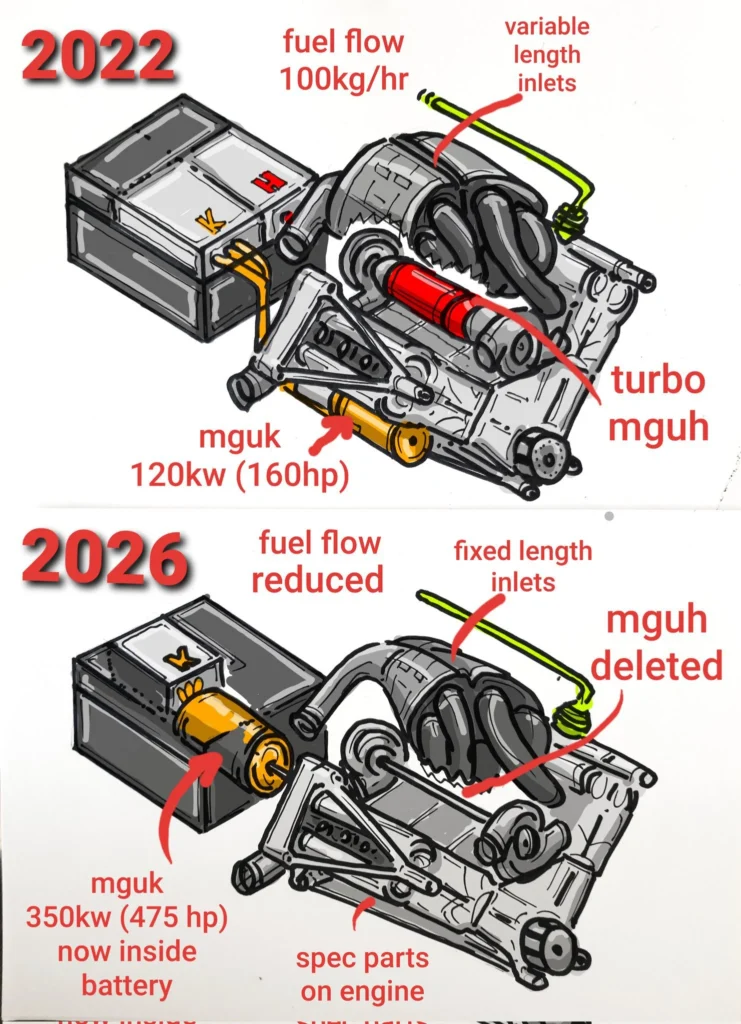
- They will run on fully sustainable fuels derived from non-food sources, municipal waste or atmospheric carbon, which means that no new fossil carbon will be burned and net zero exhaust CO2 emissions will be achieved.
- They will have a higher proportion of electrical power, with the MGU-K (Motor Generator Unit – Kinetic) producing around 350kW of energy, almost triple the amount of the current hybrid components. This will allow more braking energy to be recovered and deployed, reducing fuel consumption and increasing performance.
- They will have a lower fuel flow rate and a lower fuel allowance per race, which means that less fuel will be used overall. The aim is for each car to use just 70kg of fuel during a Grand Prix, compared to 100kg currently.
- They will have a simpler and cheaper design, with some standardised components and the elimination of expensive materials and systems such as the MGU-H (Motor Generator Unit – Heat). They will also have an engine-specific cost cap and a limit on dyno hours to reduce development costs.
- They will have a more powerful and louder sound, with a higher engine speed and a lower exhaust noise suppression.
The new engine regulations are designed to make Formula 1 more relevant to the automotive industry and society at large, by showcasing cutting-edge technology that can contribute to a more sustainable future.
They are also designed to make Formula 1 more competitive and entertaining for fans and drivers, by creating more overtaking opportunities, more strategic options and more diversity on the grid.
F1 2026 – There Will Be New Teams
The new engine regulations are also expected to attract new entrants to Formula 1, both as power unit suppliers and as teams. So far, two major manufacturers have confirmed their plans to join Formula 1 from 2026.
Aston Martin And Honda Are Joining Forces
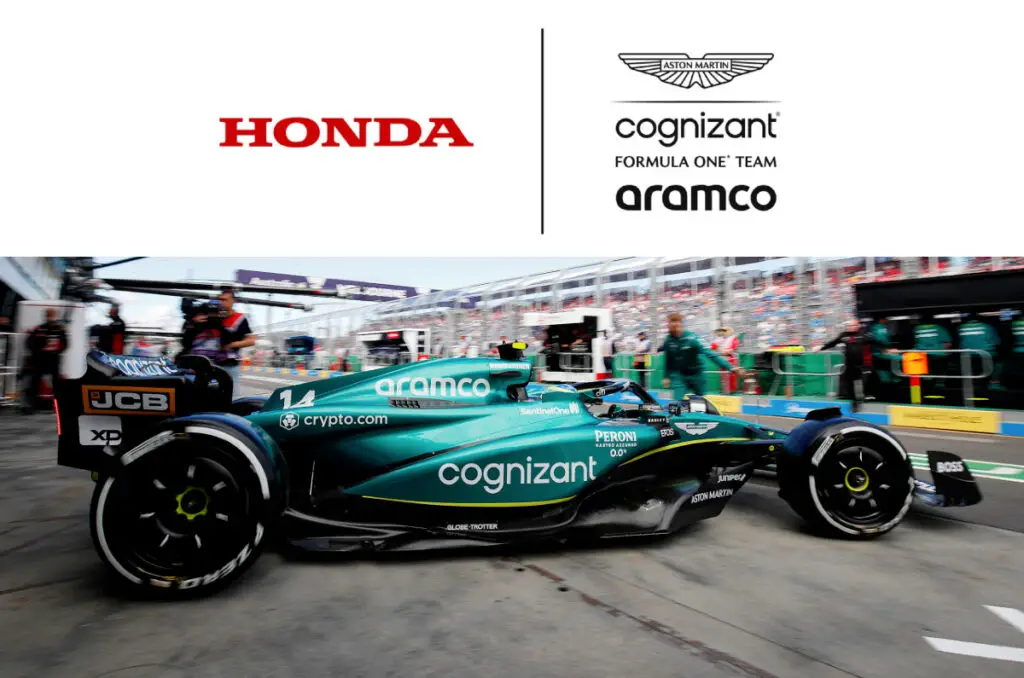
The Japanese manufacturer will make a full-scale return to Formula 1 in 2026 as the works power unit supplier to Aston Martin.
Honda left F1 at the end of 2021 after winning both championships with Red Bull, but continued their relationship with them through a power unit support deal until 2025.
Honda were enticed by the new engine regulations that aligned with their goals of carbon neutrality and electrification
Ford Is Joining Red Bull As A Power Unit Supplier
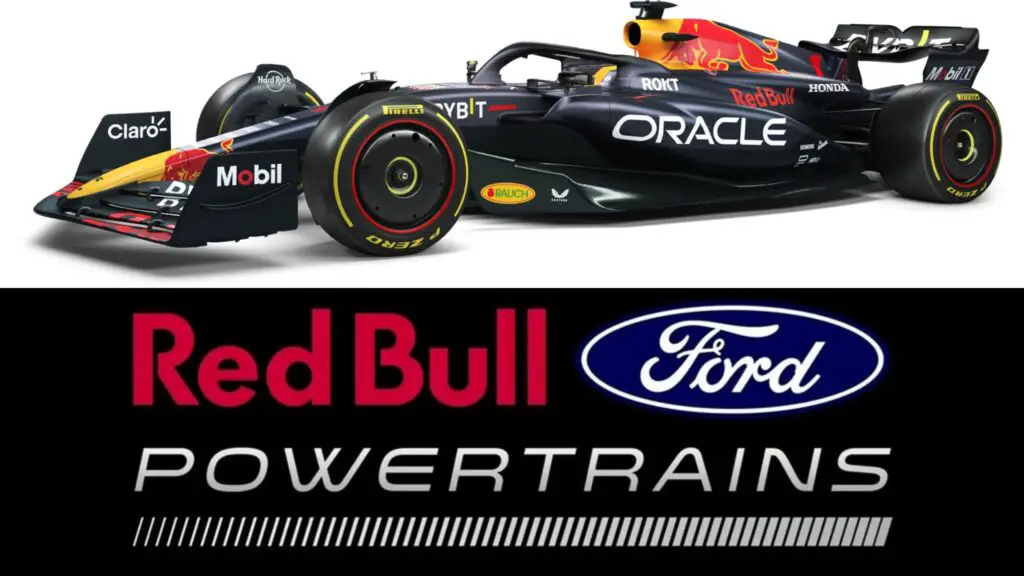
Ford is becoming the official engine supplier of the Red Bull Team.
The American manufacturer is one of the largest car makers in the world, with a long history in motorsport.
Ford have been involved in Formula 1 as an engine supplier in the past, winning multiple championships with teams such as Lotus, McLaren and Williams.
Ford have recently partnered with Red Bull to form Red Bull Ford Racing from 2023 onwards, providing them with technical support and branding opportunities.
Audi Is Becoming A Power Unit Supplier
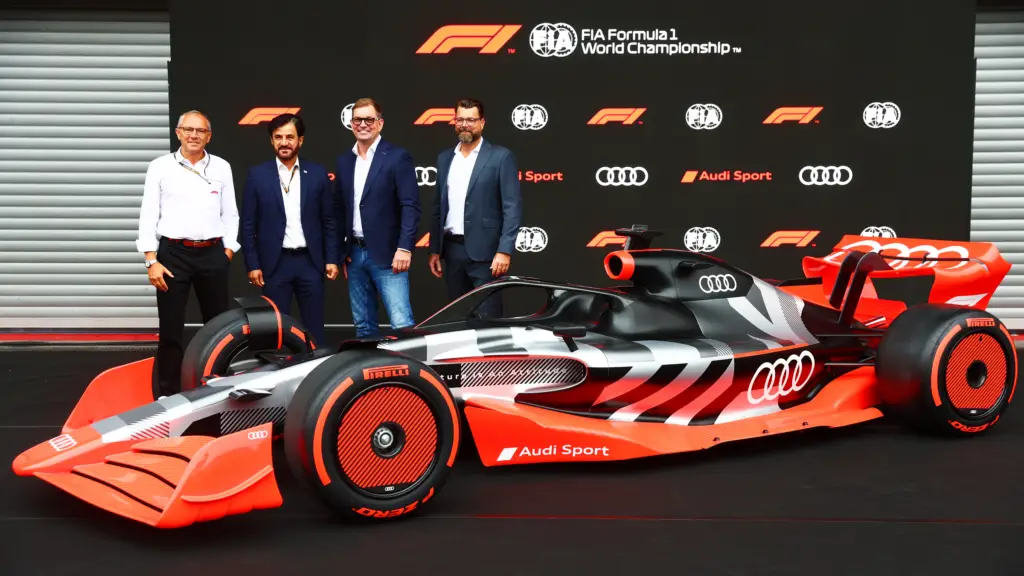
The German manufacturer will join Formula 1 from 2026 as a power unit supplier.
Audi have a rich history in motorsport, especially in endurance racing and rally. Audi were impressed by the new engine regulations that offered them a platform to showcase their expertise. In particular the atreas they will concentrate on are in hybrid technology and sustainable fuels.
Other Manufacturers
Other manufacturers that have expressed interest or are rumoured to be considering joining Formula 1 from 2026 include:
- Porsche: The German manufacturer is part of the Volkswagen Group, which also owns Audi. Porsche have been involved in motorsport for decades, winning multiple titles in endurance racing and sports cars. Porsche have been exploring the possibility of joining Formula 1 from 2026. They were interested in a car with their own power unit or in partnership with another team or manufacturer.
- Alpine: The French manufacturer is part of the Renault Group, which also owns Renault F1 Team. Alpine have been competing in motorsport since the 1950s, winning titles in rally and endurance racing. Alpine is effectively the Renault’s works F1 team. It could become an independent entity from 2026 with their own power unit or in partnership with another manufacturer.
The arrival of new entrants to Formula 1 will increase the diversity and competitiveness of the sport. It will also increase the innovation and development of new technologies. More excitement and interest for fans and media will be created. There will be more commercial and sponsorship opportunities for the sport.
F1 2026 – New Challenges and Opportunities

Formula 1 in 2026 will not only face new challenges and opportunities from the new engine regulations and the new entrants, but also from other factors that will shape the future of the sport. Some of these factors include:
Epidemics And Natural Disasters Affects Formula 1
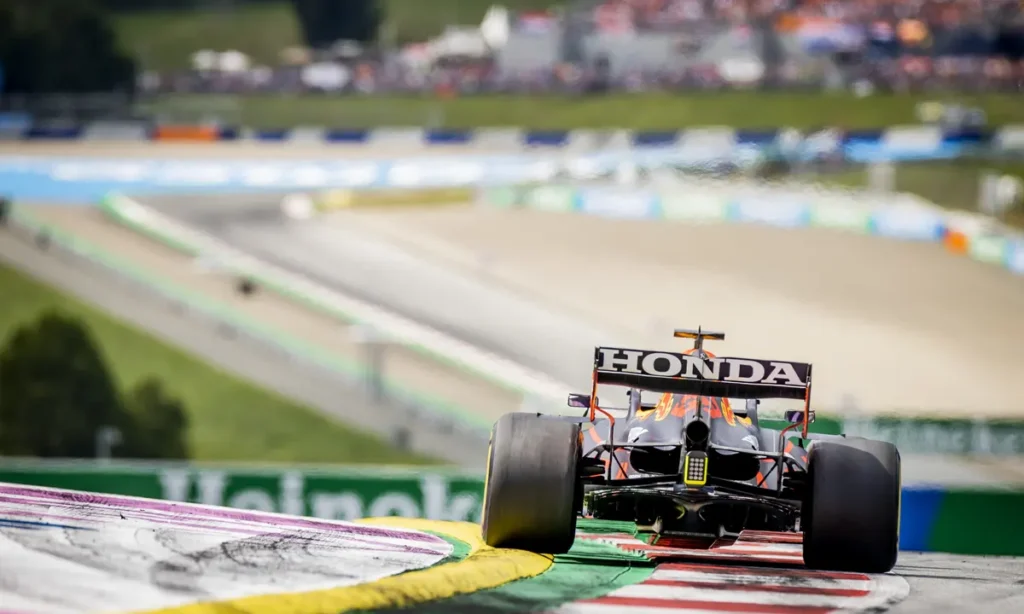
The impact of the Covid-19 pandemic, disrupted the normal operations and finances of the sport. It also affected the health and safety of the participants and spectators.
Formula 1 has adapted to the pandemic by implementing strict protocols, reducing costs, rescheduling races and expanding its digital presence. However, the pandemic is still ongoing and its long-term effects are uncertain.
New Geographical Markets Affects Formula 1
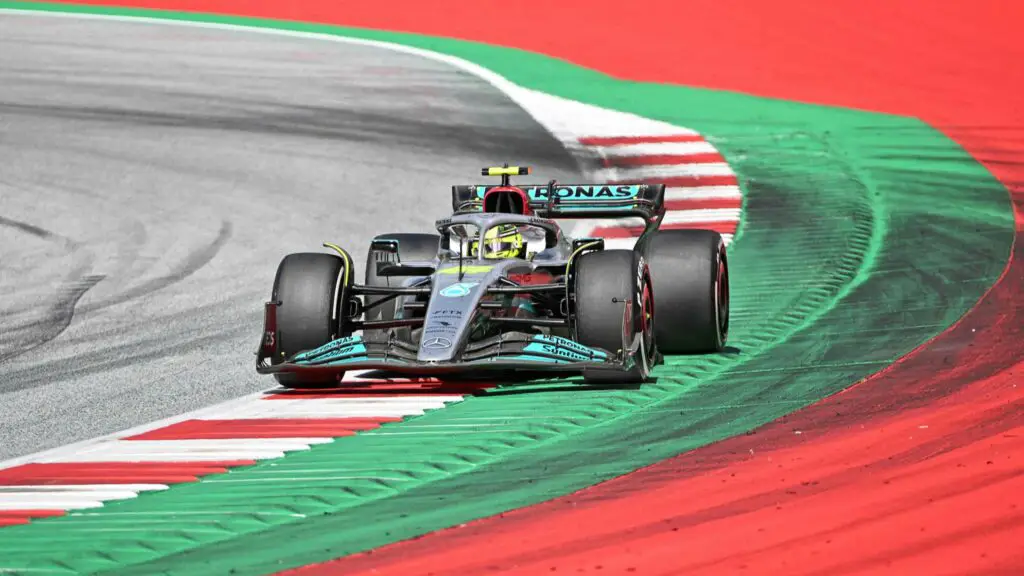
The growth of new markets, such as China, India, Africa and the Middle East. These offer huge potential for expanding the fan base, attracting new sponsors and hosting new races.
Formula 1 has been exploring these markets for years. It faces challenges such as
- Cultural differences
- Political issues
- Environmental concerns
- Competition from other sports.
The Rise Of Social Media Affects Formula 1
The rise of new media, such as social media, streaming platforms, esports and virtual reality. They offer new ways of engaging with fans, creating content and delivering entertainment. Formula 1 has been embracing these media for years. Now they faces challenges such as balancing quality and quantity, protecting intellectual property rights and adapting to changing consumer preferences.
Conclusion
Formula 1 in 2026 will be a very different sport from what it is today. It will also a very exciting one. F1 will be more sustainable, efficient and exciting, with more diversity, competitiveness and innovation.
It will also face more challenges and opportunities, both internally and externally. It will be a sport that will continue to captivate generations of fans and drivers alike.

